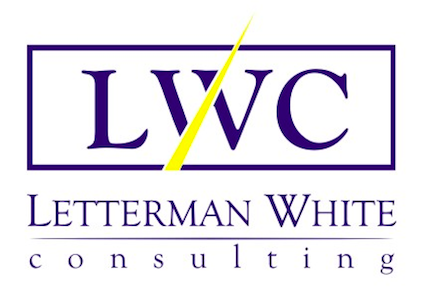As we embrace 2025, a question echoes across boardrooms and quiet moments of reflection: How do we transform ourselves while honoring the wisdom of our past? In today's rapidly evolving landscape, the art of strategic reinvention isn't just about change—it's about making intentional choices with our most valuable assets: time, energy, and experience.
The challenge isn't simply about pivoting; it's about precision. Whether you're a professional contemplating a career shift, a team leader revitalizing your group's dynamics, or an executive navigating organizational transformation, the fundamental question remains: How do we build on the foundations that got us to where we are today while boldly stepping into new territory?
Drawing from years of experience helping people, teams, and organizations adjust to and intentionally change, I've identified three steps that form the backbone of successful strategic reinvention.
1. Conduct a Strategic Identity Audit
True transformation begins with a clear-eyed assessment of your core identity. Think of this as your professional DNA—the values, beliefs, and behaviors that have shaped your journey. But unlike traditional self-reflection, this audit requires brutal honesty and strategic thinking.
Start by creating three parallel timelines: one tracking significant experiences (victories, setbacks, pivotal moments), another mapping the values and behaviors that seemed to cause these events, and a third, upon honest reflection, your conclusions. Label each element as either "growth-enabling" or "limiting." This isn't just about positive versus negative; sometimes our greatest successes can breed complacency, while our failures might harbor invaluable lessons.
The key is identifying which elements of your identity–values, beliefs, fast thinking, and actions– produce useful growth, which useless risks, which act as anchors to keep you safe, and which uselessly anchor you in shallow waters. Preserve the useful, release the useless.
2. Transform Your Stress Response
Under pressure, we often default to ingrained patterns—some productive, others destructive. The key to strategic reinvention lies not in eliminating stress but in rewiring how we channel it.
Consider your current stress responses as a software program running in the background. Some routines might generate solutions and drive progress, while others consume resources without producing results. The goal isn't to work harder under stress, but to work strategically.
For instance, rather than allowing pressure to trigger scattered multitasking or excessive perfectionism, train yourself to pause and engage in structured problem-solving. Create a personal pressure response protocol that transforms stress from a destructive force into a catalyst for focused innovation. And, if needed, seek professional help to reduce excessive anxiety and improve your mental health.
3. Activate Your Support Ecosystem with Clear Intentions
Success in reinvention isn't a solo journey—it's an orchestrated collaboration. The key lies not just in having a network, but in strategically activating different parts of your support ecosystem at the right moments.
Think of your network as a sophisticated instrument panel, with different gauges and controls serving distinct purposes. Map your connections based on their unique contributions to your reinvention journey. Create four different lists:
Innovation Catalysts: Those who challenge your thinking and introduce fresh perspectives;
Stability Anchors: Trusted advisors who help you maintain core strengths while evolving;
Transition Guides: Mentors who've navigated similar transformations and can provide tactical guidance; and
Energy Renewers: Those who help you recharge and maintain resilience during challenging phases.
The Path Forward
Strategic reinvention in 2025 isn't about wholesale transformation—it's about intelligent evolution. By methodically auditing your identity, rewiring your stress responses, and strategically leveraging your support ecosystem, you create a framework for meaningful change that builds upon your strengths while embracing new possibilities.
Remember, the goal isn't wholesale discarding of the whole, but rather to become a better version of who you already are. In this era of constant change, the most successful transformations aren't the most dramatic—they're the most deliberate.
What parts of your identity will you carry forward? How will you channel pressure into progress? Who will you activate in your support ecosystem to facilitate your evolution? The answers to these questions will shape not just your 2025, but your trajectory for years to come.
#StrategicReinvention #ProfessionalDevelopment #Leadership2025 #Change #Identity

